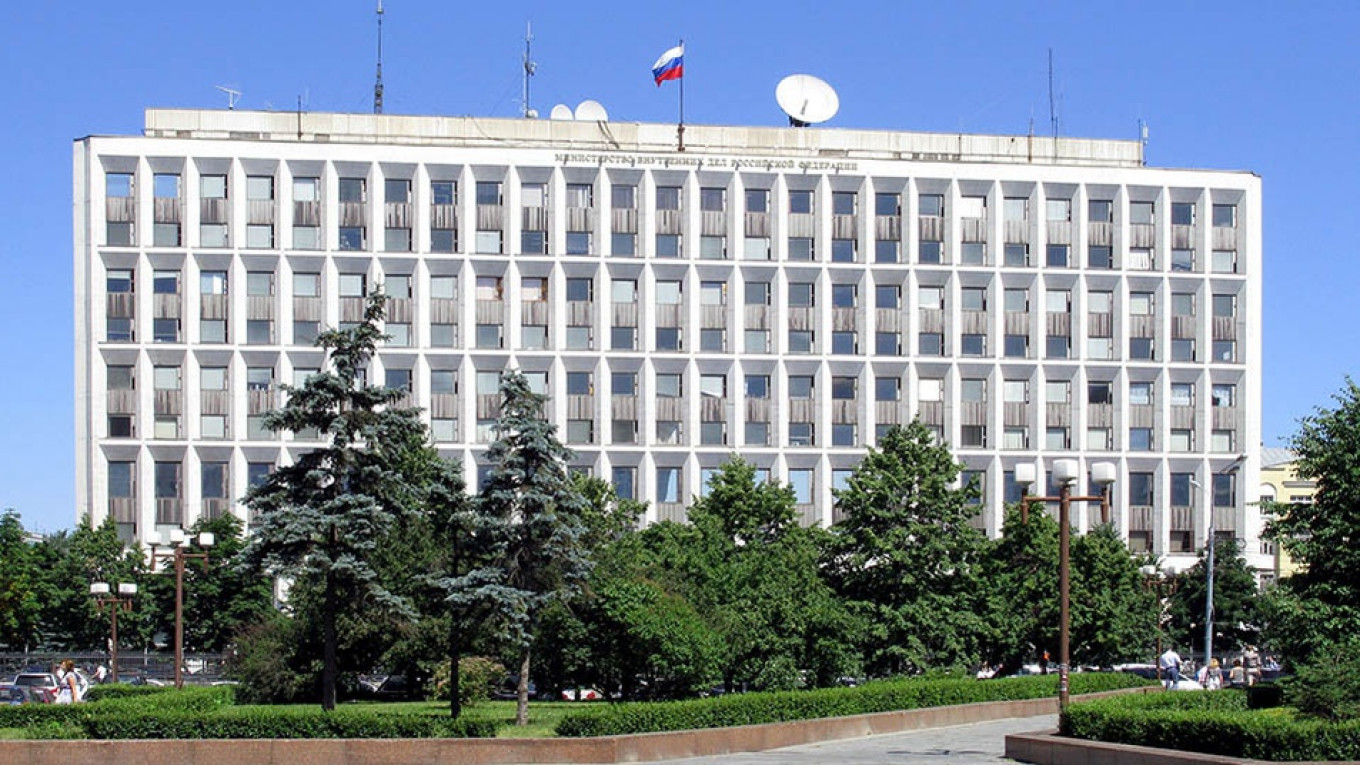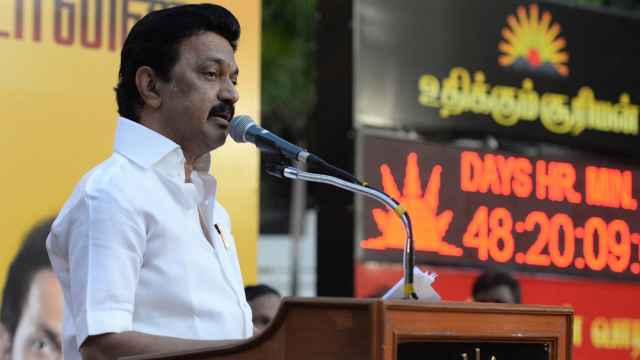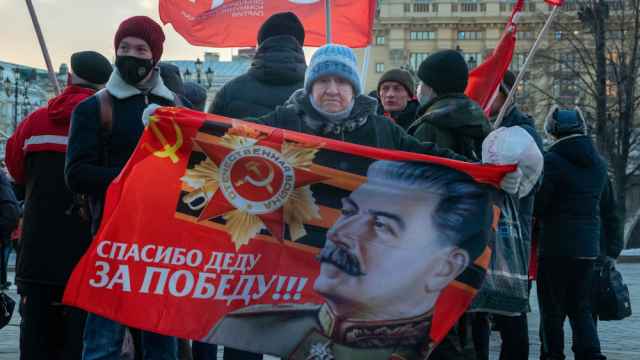Russia’s Interior Ministry reportedly said records of Soviet-era gulag labor camp survivors are subject to destruction, but only if the survivor was not convicted of political treason.
The Gulag Museum in Moscow alleged last month that Russian officials permanently destroyed cards with the personal information and the release dates of former inmates. In response to concerns that authorities were attempting to erase the history of Soviet repression, the Interior Ministry noted that physical copies of the records were digitized for permanent storage.
The Interior Ministry now admits it does delete some records of gulag survivors, but only those who were not convicted of committing political crimes against the Soviet Union, Russia’s Kommersant business daily reported Wednesday.
In a letter sent to gulag historian Sergei Prudovsky, who originally discovered the practice of destroying records when the files for a peasant farmer went missing, the Interior Ministry specified that only the record cards of gulag survivors who were convicted of “political” crimes under the 58th article of the USSR’s criminal code are still retained.
But experts say that convictions of gulag prisoners under other articles could also have been politically motivated, and therefore their records must be kept.
“We understood that cases of deportation, dekulakization, articles on socially harmful and dangerous elements, could have been politically motivated,” Memorial gulag researcher Nikita Okhotin told Kommersant.
Conservative estimates say nearly 700,000 people were executed in Stalin’s Great Terror of 1937-38. The Memorial rights group keeps a database with records of some 3 million victims of Soviet repression.
Gulag researchers are calling for an amendment to the 1991 law on the rehabilitation of the victims of Stalinist repression, a key legal effort in reckoning with the victims of Soviet human rights abuses, that would interpret the category of political crimes more broadly.
Regardless, said Okhotin, who helped draft the 1991 rehabilitation law, records should not be destroyed. “We couldn’t even imagine that the remaining documents could disappear,” he said.
Reuters contributed reporting to this article.
A Message from The Moscow Times:
Dear readers,
We are facing unprecedented challenges. Russia's Prosecutor General's Office has designated The Moscow Times as an "undesirable" organization, criminalizing our work and putting our staff at risk of prosecution. This follows our earlier unjust labeling as a "foreign agent."
These actions are direct attempts to silence independent journalism in Russia. The authorities claim our work "discredits the decisions of the Russian leadership." We see things differently: we strive to provide accurate, unbiased reporting on Russia.
We, the journalists of The Moscow Times, refuse to be silenced. But to continue our work, we need your help.
Your support, no matter how small, makes a world of difference. If you can, please support us monthly starting from just $2. It's quick to set up, and every contribution makes a significant impact.
By supporting The Moscow Times, you're defending open, independent journalism in the face of repression. Thank you for standing with us.
Remind me later.






